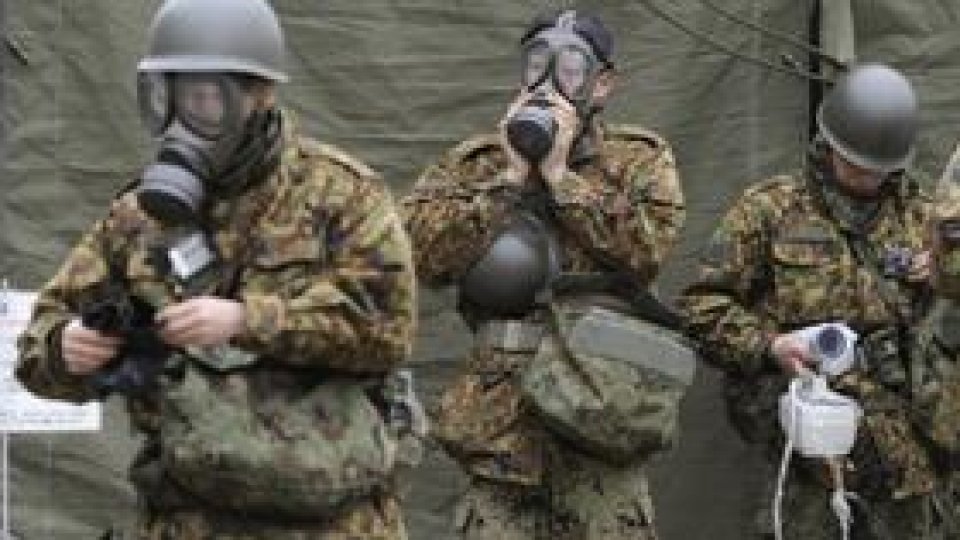Usually, radiations "are emitted within a 5,500 miles distance"
Dr. Alexandra Cucu, from the National Institute of Public Health, asserted that some radiation exposure effects could occur immediately while others may pose threats after a long time.

Articol de Mihaela Enache, 16 Martie 2011, 09:34
Experts reassure that the situation in Japan is under control and that the risks posed by spreading are rather low taking into account that the government in Tokyo says that radiation levels at the last week earthquake-stricken Fukushima nuclear plant have fallen.
Dr. Alexandra Cucu, the National Institute of Public Health’s manager, who monitors the disaster produced by radiations, asserts that the effects of exposure depend on many agents such as radiation type, exposure time, the surface or some regions of the body exposed to radiation.
As for the radiations spreading, Alexandra Cucu claims that it depends on weather conditions or on air moving but, usually, radiations are emitted within 5,500 miles which is the distance between Romania and Japan.
The Doctor says that, usually, there are two possible consequences either immediate or long-term radiation sicknesses.
"In addition, there are some somatic symptoms such as sickness, diarrhoea, headaches including the four diseases such as flu, digestive and infectious related syndromes and the long-term incidental disease which has two pathological conditions such as cancer and at least but not the last genetic diseases regarding the exposed person’s children."
Dr. Alexandra Cucu added, ‘as a consequence, there is no safe radioactive leakage level and there are some protection recommendations but the better would be to expose ourselves as little as possible’.
The Romanian National Institute of Public Health manager, who monitors the radioactivity situation, asserted that there were taken measures of evacuation and of supplying accommodation to those who had lived near the Fukushima nuclear plant.
The doctor declared that another measure was of issuing potassium iodide tablets to people living within twenty kilometers of the nuclear plant in Fukushima but they didn’t take it because the level of radiations had fallen.
The expert asserted that iodide tablets aim to prevent the thyroid from taking the radioactive iodine from the atmosphere.
"There is no hundred per cent protection but one can be hundred per cent protected against thyroid cancer while other people might be affected later. Thus people have been required to stay indoors or to leave the area", said Alexandra Cucu.
Translated by: Cristina Anamaria Maricescu
MA Student, MTTLC, Bucharest University














